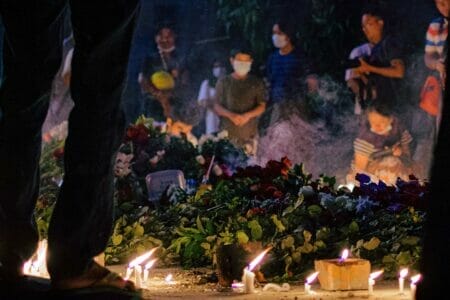
On Myanmar’s Dead Nationwide Ceasefire Agreement
Maung Zarni blew the whistle on military-led top-down democratic reforms – which he argued were, in the final instance, cosmetic as early as these "reforms" were launched by the Burmese generals in 2010. To his rage and dismay, this "transition" was blessed by none other than Aung San San Suu Kyi and celebrated by Western media and powerful external actors.

Does Facebook deserve a share of the blame for the Rohingya genocide in Myanmar?
Facebook and the Rohingya genocide: FORSEA's Maung Zarni speaks on MSNBC's Mehdi Hasan Show on the Facebook problem.

Nobel Peace Prize Goes to Journalists Maria Ressa and Dmitry Muratov
Maung Zarni discusses the award of this year’s Nobel Peace Prize to journalists Maria Ressa and Dmitry Muratov for their efforts to hold the powerful to account.
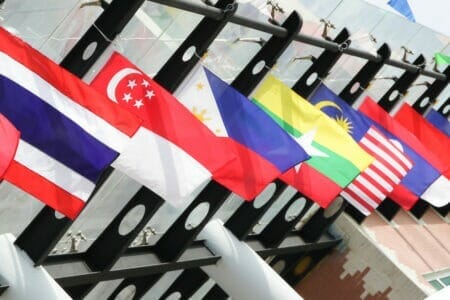
Dialogue on Democratic Struggles Across Southeast Asia: ASEAN’s Non-Interference or Bandung Principle & The Region’s Challenges
Join us for the Dialogue on Democratic Struggles Across Southeast Asia with guest, Tulis T. H. Tambunan, professor of economics at Indonesia's Trisakti University, to discuss Intra-ASEAN trade and investment, Myanmar's perpetual crises and the South China Sea disputes.
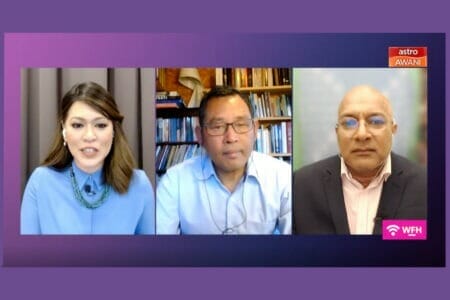
Consider This: Myanmar – What’s General Aung Min’s Endgame?
Myanmar has been in turmoil since the coup in February ended a decade of democratisation Eighteen months on, more than 1,000 civilians have been killed by the country’s security forces and many members of the ousted government including Aung San Suu Ski are on trial or in jail. With the introduction of the Burma Act, will the international context shift in favour of the ousted government?
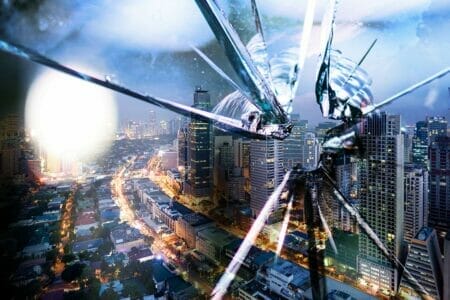
The Philippines: FORSEA Dialogue on Attacks on Lawyers in the Philippines
In a damning report, the Commission on Human Rights found that the “grim reality” of being a human rights defender in the Philippines was that “they faced constant undermining and delegitimization of their work which lead to systematic attacks that place their ‘life, liberty, and security…at great risk”.
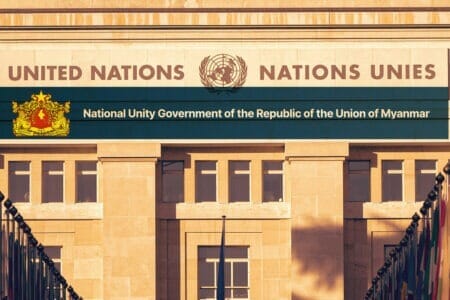
Who speaks for Myanmar at the United Nations? Why it matters and other issues
Prof. John Packer said, “ ... Britain is wilfully blind to the duplicity of trying to recognize the genocidal regime through the farcical separation of a state from a regime.” He called sanctions against military leaders while embracing their regime “Bad Apple-ism”. That is, there are some bad guys in the Myanmar military, but as in the entire military as a national institution, not every rank and file member is...
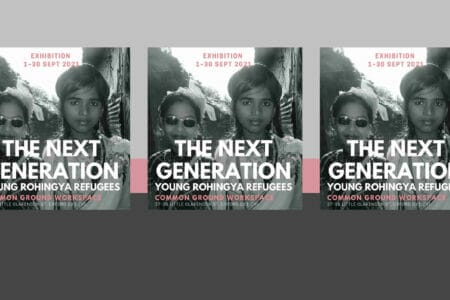
Rohingyas: Auto-Ethnographic Photo-exhibit, Oxford Human Rights Festival
The Rohingya photographers gathered here offer a revisioning of sorts, a counternarrative to existing tropes of their community as uber-victims. Instead, we get glimpses of what it means to ‘live with’ such infrastructures of statelessness, to see what we might otherwise miss.
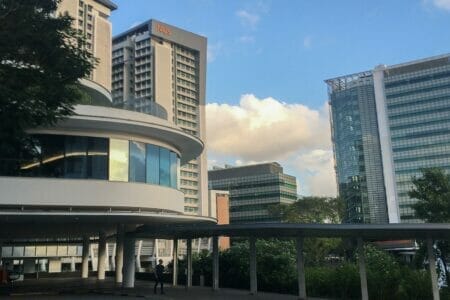
States and state-controlled Universities in Southeast Asia
FORSEA Dialogue calls for cross-border cooperation among concerned scholars to foster "counter-spaces" for intellectual freedom which is a pillar of an autonomous civil society.

Liberating Minds, Activating Citizens: What Role for Higher Education in Singapore
Join a webinar on liberal education in Singapore with Haolie Jiang, Robin Zheng and Meredith Weiss on September 9, 2021 08:00 PM in Singapore.

